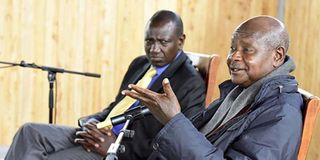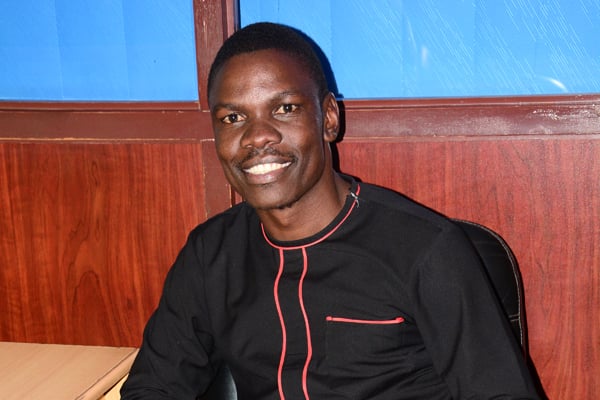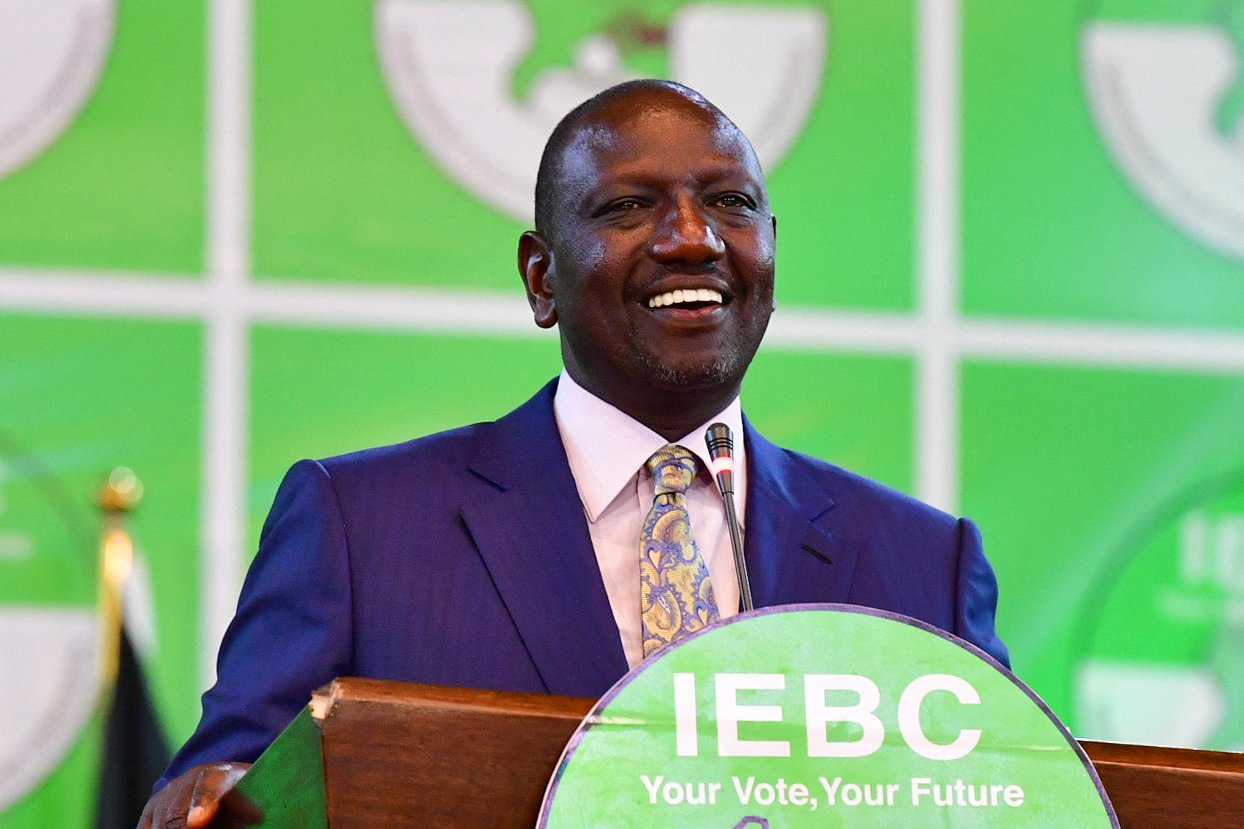What Ruto’s win means for Uganda

What you need to know:
- Mr Ruto’s win cements the relationship between Uganda and Kenya in terms of trade and other diplomatic issues.
Until Kenya’s Independent Electoral and Boundaries Commission (IEBC) announced Kenya’s Deputy President William Ruto as President-elect in a tightly contested race. Ugandans had been keenly following the poll.
In last week’s election, Kenyans also elected new MPs, senators, and women representatives as well as county governors and officials.
The election is significant not only to Kenyans, but also to the East African Community region.
Kenya is a dependable force in the region and is an economic power house. Uganda being a landlocked country heavily relies on Kenya’s sea port and transport corridor. Besides, Uganda has for long enjoyed trade relations with Kenya.
Political commentators believe Ruto’s win is a big win for Uganda.
“Kenya is Uganda’s biggest trade partner in the region, and the cheaper, faster trade route for our businesses. A lot of Ugandans are working and living in Kenya,” said Mr Crispin Kaheru, an elections observer.
“In the spirit of the EAC and great lakes region, we have issues to do with trade as well as stability and security in DR Congo, Somalia and South Sudan. Kenya is a key player,” he said.
Mr Kaheru also advises that Ruto should work closely with Mr Odinga, since he is a senior and seasoned politician.
“There is so much he can offer to Kenya and the region. He also enjoys a good international network which Kenya’s new government can tap into for the good of Kenya. The split in the vote also clearly shows that a substantial segment of the electorate voted for him. He has the duty to ensure healing and harmonisation of interests for the good of Kenya and the region. Also, Kenya does not have age limits so he could come back for another try after five years.”
Kenya has generally been calm during elections, which is unusual for a country where violence has been a mainstay of almost every election cycle that has been held since 1990 when it adopted multiparty democracy.
Work relations
On the political front, the president-elect, Mr Ruto has enjoyed a good working relationship with President Museveni, according to observers, indicating that the same has been different with the outgoing Kenyan President Uhuru Kenyatta.
Towards the tail end of his second term in office, President Uhuru’s government’s relationship with the Ugandan government has been lukewarm.
First, was the ban on the Ugandan milk products in 2020, seizing 262,632 litres of Ugandan milk valued at $157,106 (about Shs573m) and 54,310kg of powdered milk at $203,630 (about Shs743m) in two weeks.
The second ban, which sent tongues wagging, was Ugandan maize. The Kenyan government indicated Ugandan maize was filled with aflatoxins which were not healthy for their nationals. Kenya , however, last month gave Uganda’s maize a clean bill of health.
Until the scuffle that ensued last evening at Bomas of Kenya where IEBC chairman Wafula Chebukati was set to announce the election results, the election process had been peaceful.
“We want peace between Uganda and Kenya and I know it will improve with Mr Ruto as President, considering his relationship with the Ugandan government,” Prof Edward Rugumayo, a political commentator at Makerere University, told the Monitor.
Observers
Four time Presidential candidate Dr Kizza Besigye and National Unity Platform (NUP) leader Robert Kyagulanyi, aka Bobi Wine, took part in the elections earlier in the week as observers chosen from the Opposition.
“As part of our mission to observe the Kenyan Presidential Election slated for Tuesday, I was glad today to meet with and interact with Presidential Candidate Rt. Hon. Raila Amolo Odinga. Another part of our team yesterday met with Presidential Candidate William Ruto. Wishing the great people of Kenya a free, fair, credible and peaceful election,” Mr Kyagulanyi said in his Facebook post.
FDC on election
In his interview on NTV, our sister media outlet, Forum for Democratic Change (FDC) spokesperson Ssemujju Nganda said the election did not reflect what the voting was and encouraged the Odinga side to go to court.
“We don’t think the EC was free and fair and that is why you saw them divided into two sides,” Mr Ssemujju said, adding: “The Odinga side should go to court and I know that is where they can only get redress because we all saw what was happening. We know who won in this election.”





